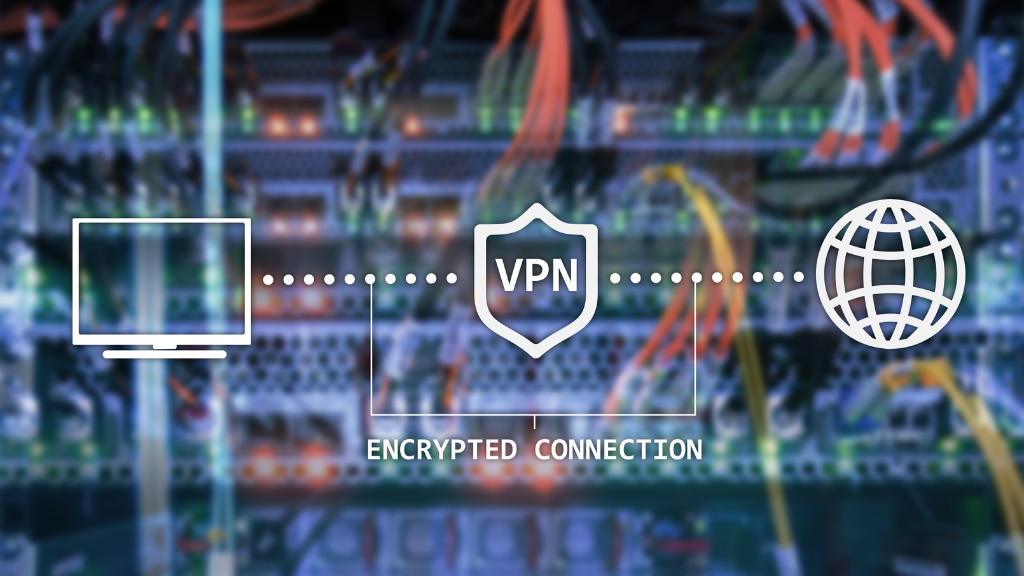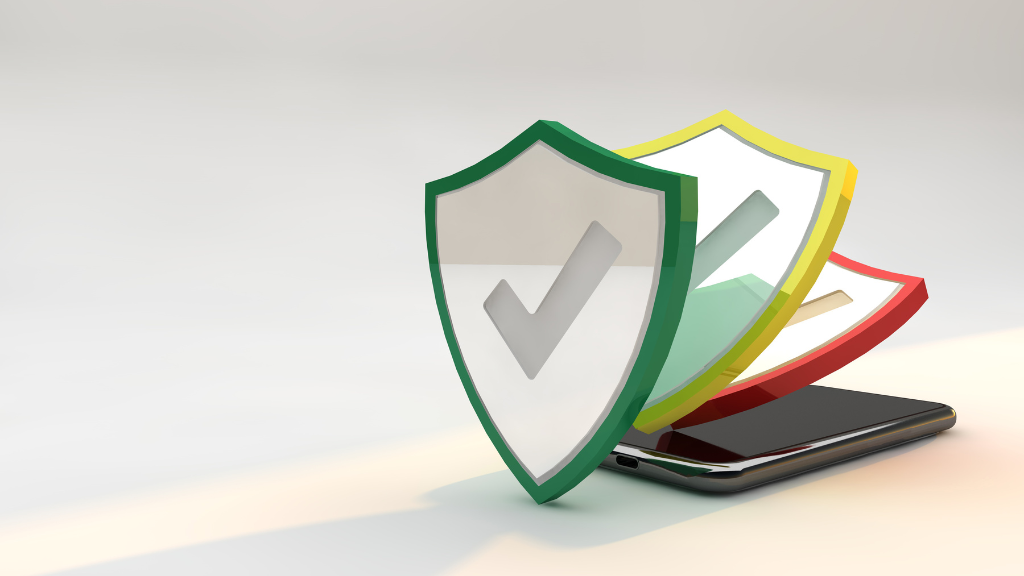In today’s digital age, the significance of maintaining a secure online presence can’t be overstated. Whether you’re shopping online, handling business, or just browsing, ensuring the safety and confidentiality of your data is paramount. Two popular tools that many use to achieve this are VPNs (Virtual Private Networks) and firewalls. Both tools aim to enhance our digital security, yet they serve distinct roles. Which one do we really need? Or is it a combination of both? Hop on as we decode this jigsaw puzzle.
What is a VPN?
A VPN, or Virtual Private Network, primarily serves to provide an encrypted tunnel between your device and the websites or online services you’re accessing. This encrypted connection hides your IP address, ensuring anonymity and making it difficult for snoopers, hackers, or even your ISP (Internet Service Provider) to monitor your online activities.

One popular VPN on the market is NordVPN. A quick “NordVPN review” will show you its high ratings, thanks to its robust security features and expansive server locations. With NordVPN gaining popularity, the phrases “Nord VPN,” “VPN Nord,” and “NordVPN review” are becoming increasingly common in online security discussions.
NordVPN is famous for its commitment to user security. It offers double data encryption, a strict no-logs policy, and the added benefit of CyberSec technology that blocks suspicious websites and prevents malware. Many users ask, “Is NordVPN safe?” As per its track record and the general principle of VPNs, the answer is a resounding yes.
What is a Firewall?
While VPNs primarily focus on anonymity and privacy, firewalls act as a first line of defense against unwanted traffic. They monitor and filter incoming and outgoing traffic based on predefined security policies. In essence, a firewall can block malicious traffic, be it viruses, worms, or hackers, from accessing your device or network.
Check Out: Best Phishing Tools for Ethical Hacking in 2023
VPN vs Firewall: Core Differences
Purpose: While both aim for security, a VPN’s primary purpose is to provide a secure connection over the internet. In contrast, a firewall’s main goal is to protect a network or device from unwanted intrusion.
Function: A VPN encrypts your data, ensuring that it is safe during transit. On the other hand, a firewall filters and blocks potentially harmful data from entering or leaving the network.
Usage: You can use VPNs typically to access a secure network from an external location or to maintain privacy online. Firewalls are good to safeguard devices and networks from potential threats.
Deployment: Individuals can set up VPNs on individual devices or at the network level. Developers can integrate firewalls into hardware or install them as software on a device.
Benefits of VPN
Enhanced Security
VPNs use advanced encryption techniques, ensuring that hackers can’t decipher your data.
Remote Access
One of the crowning glories of VPNs is the ability to access data remotely, making it ideal for businesses.
Online Anonymity
VPNs allow users to surf the internet without revealing their real IP address, ensuring complete online anonymity.
Benefits of Firewall

Intrusion Prevention
Firewalls prevent unauthorized access, protecting the network from potential threats.
Traffic Management
Firewalls monitor and control network traffic based on security policies, ensuring smooth operations.
Application Control
Modern firewalls can control application access, preventing unwanted applications from running in the network.
When to Use a VPN, a Firewall, or Both?
VPN: Ideal for individuals or businesses wanting to protect their online activities, access geo-restricted content, or connect securely to a business network from a remote location.
Firewall: Essential for all devices and networks. It’s the first line of defense against potential cyber threats.
Both: For optimal security, using both a VPN and a firewall is recommended. While the VPN ensures data security and privacy online, the firewall protects the device or network from potential intrusions.
Proxy vs VPN vs Firewall
While discussing online security, the concepts of proxies, VPNs, and firewalls often come up. A proxy, in simple terms, is a gateway between your device and the internet. It’s used mainly for anonymity, like a VPN. However, the key difference between “proxy vs VPN” is that while a VPN encrypts your entire connection, a proxy doesn’t offer the same level of security.
A firewall, on the other hand, doesn’t concern itself with anonymity but focuses on blocking potentially harmful traffic. So, when you’re looking at “VPN vs firewall vs VPN” or “VPN vs proxy,” remember that while they all offer levels of security and privacy, their primary functions are distinct.
Antivirus, VPN, and Firewall – How Do They Compare?

Here’s where things get a bit complicated. “Antivirus vs firewall” and “VPN vs antivirus” are common debates in the cybersecurity world. While a firewall blocks unwanted traffic, an antivirus scans and removes malicious software from your device. A VPN, as mentioned earlier, provides encrypted online anonymity.
When we talk about “VPN vs firewall vs antivirus,” it’s not a matter of which is better but rather understanding that they serve different purposes. Ideally, for the best protection, you’d use all three in conjunction.
Conclusion
VPNs and firewalls are both essential tools in the realm of cybersecurity, albeit serving different purposes. A VPN primarily ensures user privacy by encrypting internet traffic and allowing secure remote access, enabling users to browse anonymously and safely, even from untrusted networks. On the other hand, firewalls act as a digital barrier, scrutinizing incoming and outgoing traffic to protect networks from malicious activities and unauthorized access. While each can operate independently, for optimum online security, it’s recommended to use both in tandem.
For those looking to elevate their digital security game, Nextdoorsec, a renowned cybersecurity firm, offers tailored solutions that seamlessly integrate both VPNs and firewalls.
FAQs
1. Is NordVPN good and safe?
Yes, NordVPN is considered one of the leading VPN providers known for its strong security features and user-friendly interface.
2. What is NordVPN?
NordVPN is a virtual private network (VPN) service provider that allows users to create a secure connection over the internet, ensuring privacy and encryption of data.
3. Is a VPN better than a firewall?
They serve different purposes. A VPN is primarily for encrypting your internet connection and providing online privacy, while a firewall is designed to block unauthorized access and protect networks from threats. Neither is inherently “better,” but their functions are distinct.
4. Do I need a firewall if I use a VPN?
Yes, it’s recommended. While a VPN encrypts your connection, a firewall acts as a barrier against unauthorized access and malicious activities, providing an additional layer of security.
5. Can a VPN be used as a firewall?
Not exactly. A VPN provides a secure tunnel for your data, while a firewall controls network traffic. Some VPNs offer built-in firewall features, but a VPN in itself is not a replacement for a firewall.
6. Can a firewall stop a VPN from working?
Yes, if not properly configured, a firewall can block VPN traffic or the ports it uses, preventing the VPN from functioning.






0 Comments